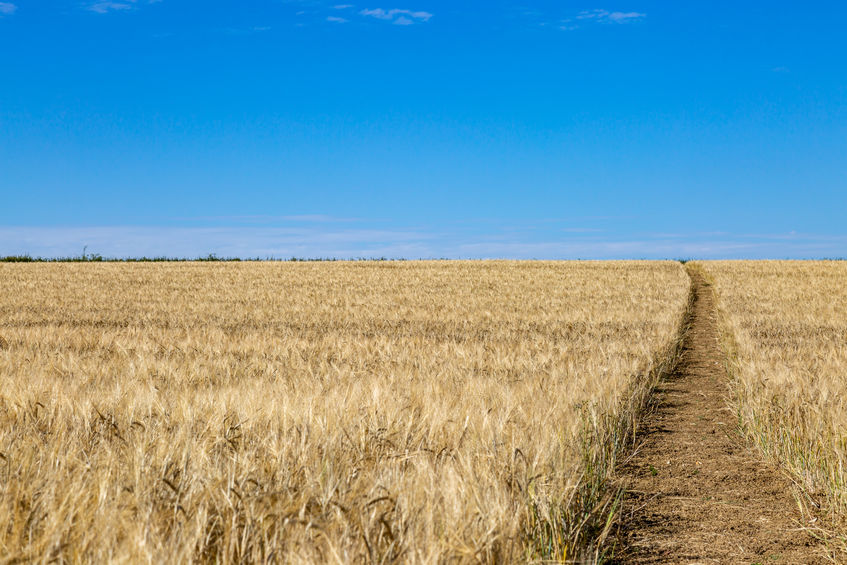
New technology for accurately identifying wheat-damaging weeds and diseases at their point of emergence has been developed in the UK, in what is believed to be a world first.
The innovative ‘early warning’ system can currently detect black grass, septoria and fusarium head blight.
It was invented by British agri-tech company Omega Crop, using the firm's patented crop modelling technology.
It analyses drone-gathered images of a wheat crop to identify the presence of preventable disease and weeds, often before a farmer could detect the problem by eye.
This gives the farmer time to make an informed choice about if and how they can intervene to protect their yield.
Jared Bainbridge, founder of Omega Crop, said: “Other remote sensing platforms can only monitor the performance of a crop and then they correlate this performance to a 'best guess' at what the problem is.
"They might tell you, you have a disease or weed problem, but they are unable to tell you what diseases, or what weeds.
“Omega Crop’s technology differs from our competitors through our proprietary crop model which we use to best inform you of crop performance, quality, and crop-loss events."
The app helps farmers take the guess-work out of the process by using multiple sources of data from satellites, drone, mobiles phones and hyper-local weather.
The technology then accurately diagnoses and maps the crop-loss events in a field provided as a digital report via the platform to the farmer.
Omega Crop’s system was recently trialled over a three-month period at Agri-EPI’s Crop Technology Southern Innovation Hub based at Cranfield University.
Dr Toby Waine, lecturer at the university, said: “This project shows how innovative sensing and analytics can better inform business and environmental decisions.
"Detecting crop disease and weeds earlier in the season will help to reduce the use of plant protection products, helping to maximise efficiency of production."
After proving the success of the system, the trials have now moved on-farm in UK, Europe and the United States.
